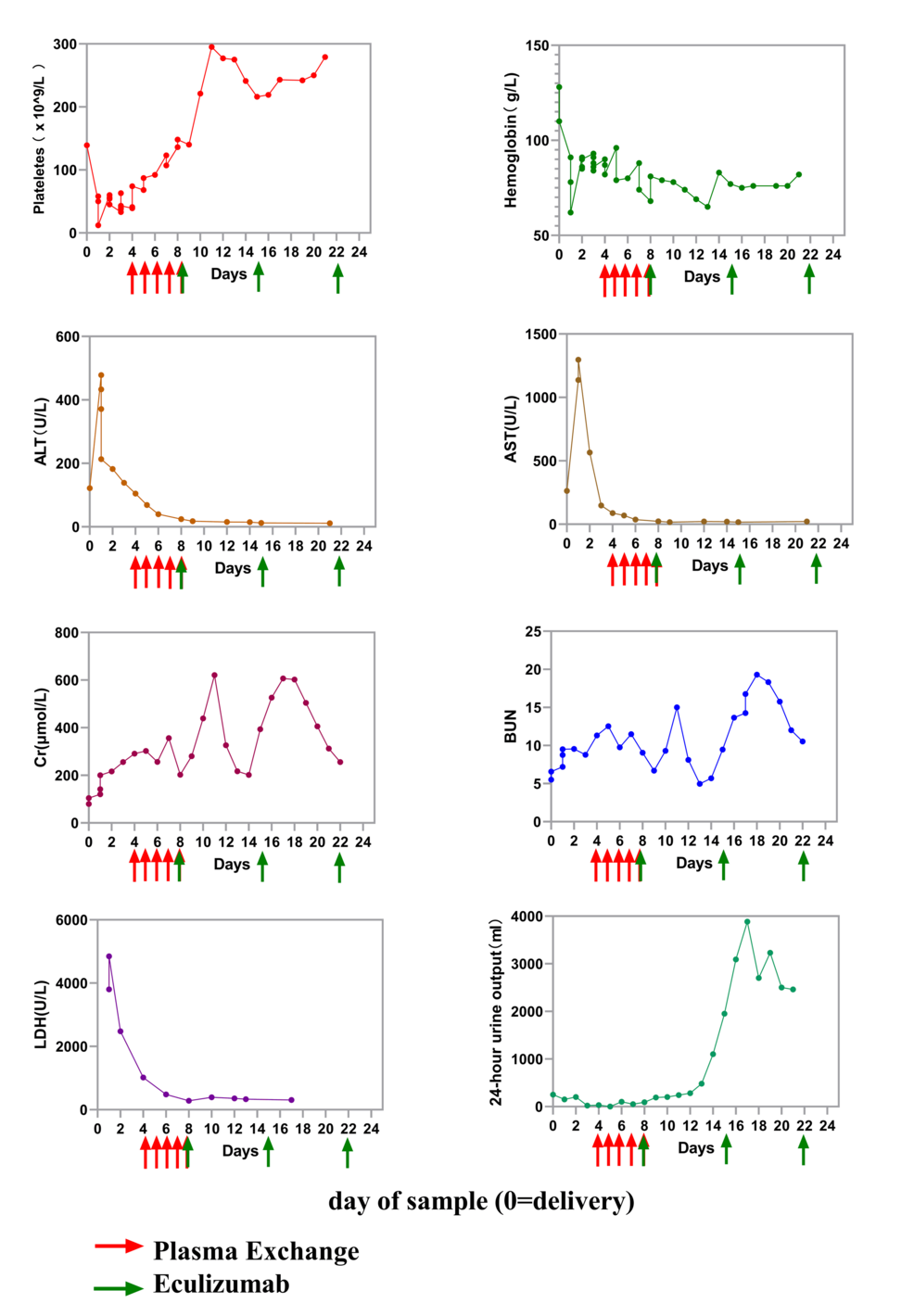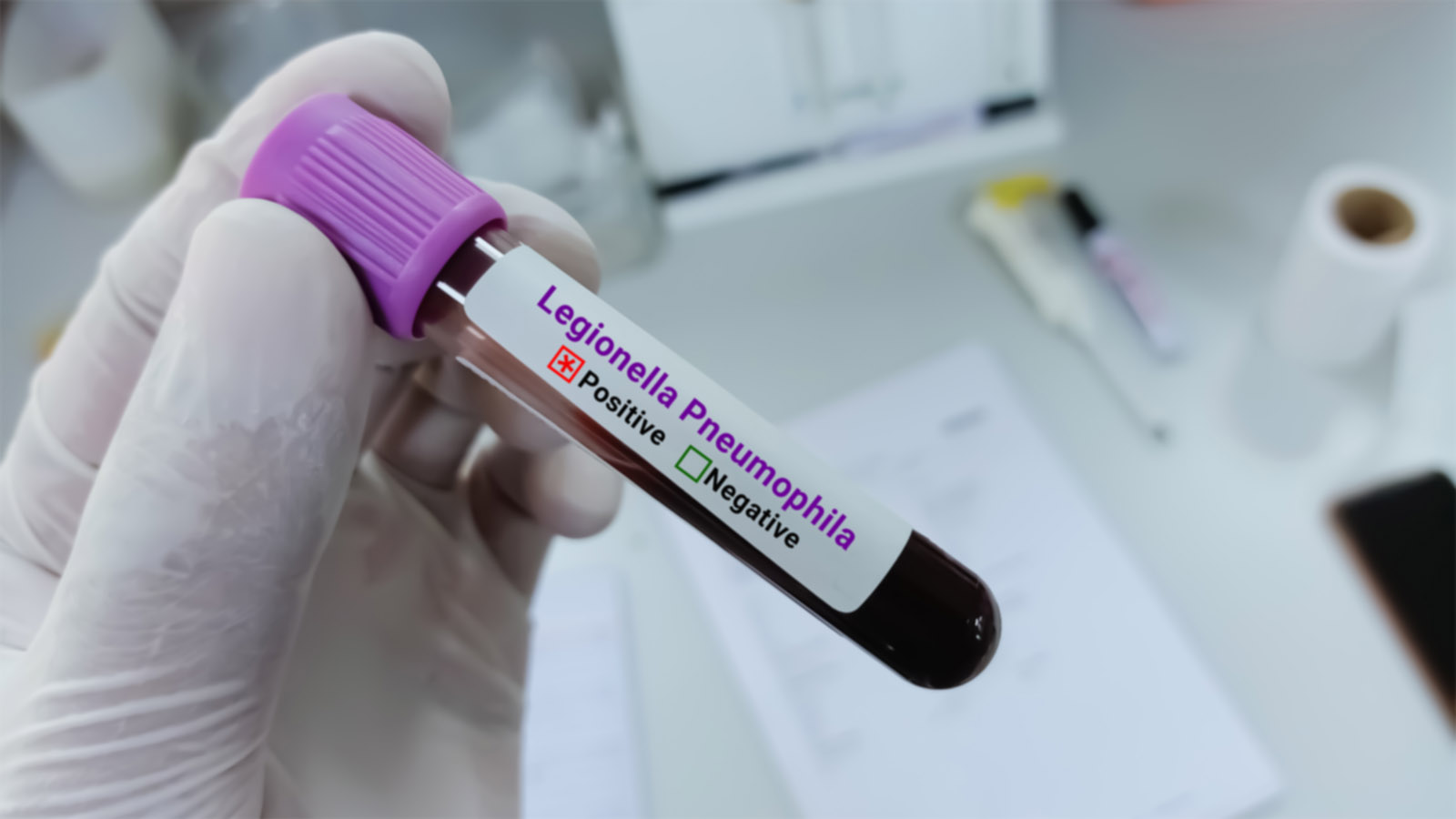New COVID Variant NB.1.8.1 Detected in the U.S. Amid Surge in China

In a developing situation that has gained traction on social media platforms, particularly Facebook, reports indicate that a new COVID-19 variant known as NB.1.8.1 is causing concerns across international borders. The Centers for Disease Control and Prevention (CDC) has confirmed the detection of multiple cases associated with this variant through its airport screening program. This new strain has been connected to a significant surge of COVID-19 cases in China, raising alarms among health authorities globally.
According to data released by the CDC, instances of the NB.1.8.1 variant have been identified in international travelers arriving at various airports throughout the United States, including those located in California, Washington state, Virginia, and the New York City area. These findings stem from records made available by Ginkgo Bioworks, a company collaborating with the CDC on airport testing.
Furthermore, health officials in several other states, such as Ohio, Rhode Island, and Hawaii, have reported additional cases of this variant independent of the airport incidents. The initial recorded cases in California and Washington date back to late March and early April, highlighting the variant's presence in the U.S. for some time. Experts continue to monitor NB.1.8.1 closely, especially given its rapid spread in Asia, where it is becoming the dominant strain.
Specifically, Hong Kong has experienced a notable increase in COVID-19 cases, reaching levels not seen in over a year. Local authorities have reported a surge in emergency room visits and hospitalizations attributed to the virus, prompting health officials to recommend that citizens wear masks in crowded settings.
Reports from the Daily Express have further exacerbated concerns, indicating that the new variant has caused fatalities in Taiwan, albeit no definitive evidence has emerged to suggest that NB.1.8.1 is significantly more severe than previous variants. Nonetheless, Taiwan's health agencies are taking precautionary measures, including stockpiling vaccines and antiviral treatments in anticipation of potential increases in cases.
On Thursday, the Food and Drug Administration’s (FDA) advisory committee convened to discuss the latest vaccine strategies, unanimously recommending updates to vaccines to target variants, including NB.1.8.1. This meeting marked a critical moment, as it was the FDA's first discussion on vaccine updates since President Trump took office.
The Economic Times from the UK also weighed in on the situation, posing questions about the new variant's danger level, vaccine efficacy, and fatality rates. While early assessments indicate that NB.1.8.1 may not be more lethal than prior strains, it does appear to spread at an accelerated pace. Emerging research from China suggests that this variant binds more effectively to human cells, which could enhance its contagiousness compared to earlier COVID-19 strains.
Interestingly, during a routine medical appointment last week, my doctor recommended that I receive a COVID booster shot, which I promptly did. This serves as a timely reminder for individuals to consult with their healthcare providers regarding vaccination options, especially in light of the evolving pandemic landscape.




























